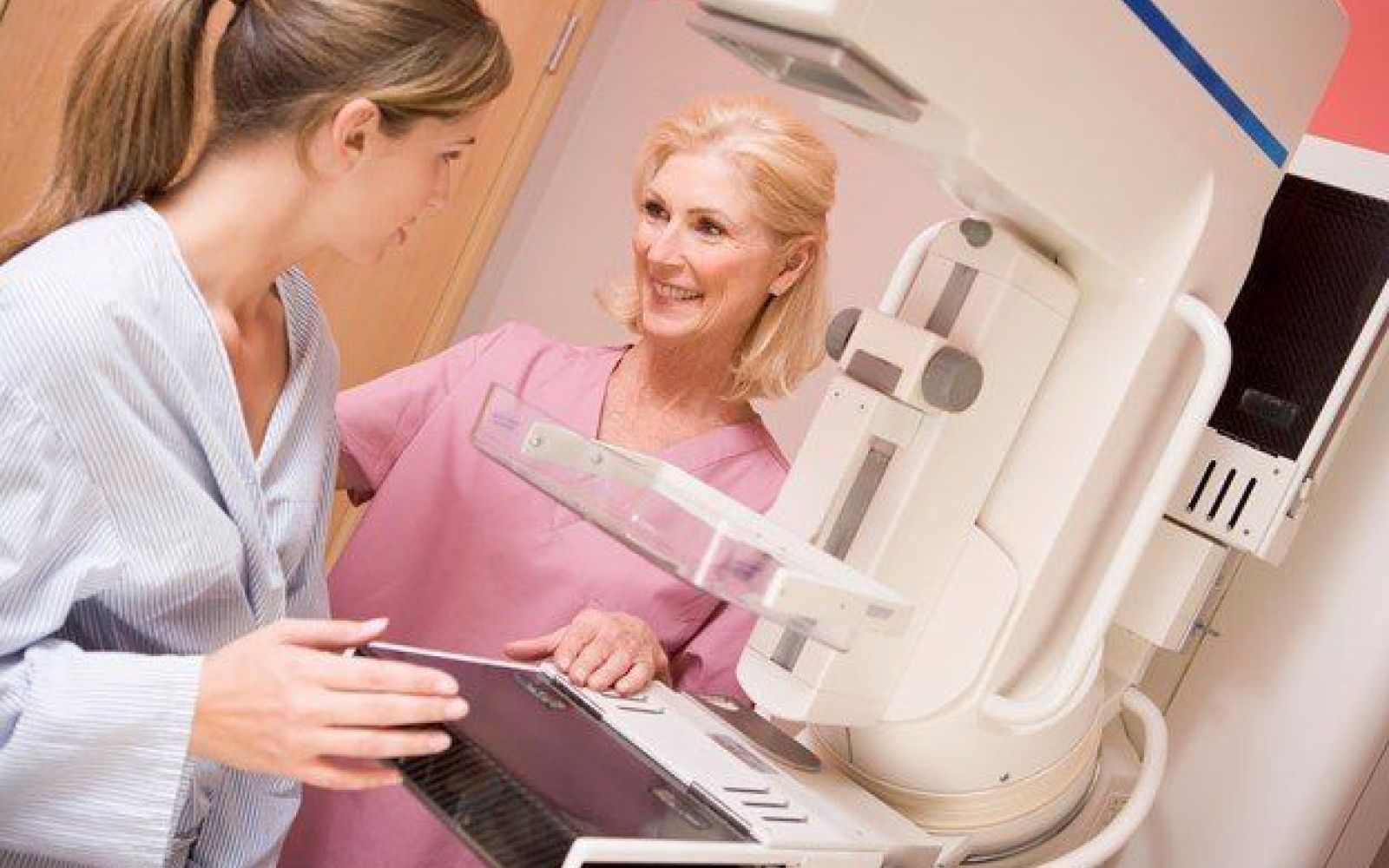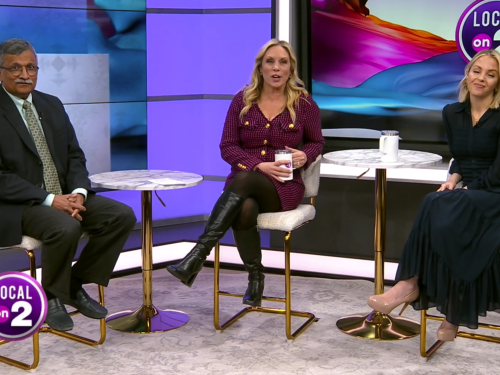Do’s and Don’ts About Your First Mammogram
What do you need to know before you get your first mammogram? Take a look at the do's and don'ts of receiving your first mammogram.

What do you need to know before you get your first mammogram? According to the U.S. Centers for Disease Control and Prevention (CDC), doctors ordered 13.5 million mammograms during office visits in 2018. If you will become one of the millions of American women who get this type of screening, take a look at the do's and don'ts of getting your first mammogram.
Do Talk to Your Doctor
Why do you need a mammogram? If you can't answer this question or aren't sure why you need this type of test - start with your doctor. The physician can explain what a mammogram is and why they feel you need one this year.
Mammograms are x-ray pictures of your breasts. These x-rays provide your doctor with a look inside of your body minus the need for an invasive or surgical test. Two types of mammograms available are: screening and diagnostic.
A screening mammogram is an annual preventative imaging test for women with no symptoms or breast issues. Like the name implies, a screening mammogram screens for breast cancer and/or other abnormalities.
According to the American Cancer Society (ACS), women ages 40 through 44 have the option to start their annual screening mammograms, depending on risk factors and family history. Between the ages of 45 and 54, the ACS recommends annual screenings. Women ages 55 and over may switch to a two-year schedule.
If you have risk factors (such as a family history of breast cancer), a previous cancer, or some other types of breast issues, the doctor may recommend that you begin this type of screening before age 40 or have mammograms more often than every year.
Unlike screening mammograms, diagnostic mammograms aren't only for early detection purposes. The doctor may order this type of test if you have a sudden or suspicious change in your breasts, a lump, pain, nipple discharge, or any other breast-related concern. This mammogram may include additional images that help the doctor to learn more about a potential problem or rule out cancer.
Don't Disregard Pre-Test Directions
The doctor may provide you with pre-mammography directions. Failure to follow these instructions may result in the need for a repeat test or a mammogram that is difficult to read. Even though you may feel sweaty on your mammogram day, it is highly recommended that you skip using deodorants, antiperspirants, or lotions. These types of products can create white spots on the mammogram.
Do Consider Your Menstrual Cycle
When should you schedule your first mammogram? Your age and the ACS recommendations (along with risk factors) can help you to answer this question with a year or age. But you also need to know more about scheduling the specific date of your test.
While a mammogram won't cause severe pain, it can feel uncomfortable. If you typically experience breast sensitivity before your period, schedule your mammogram during a different week. This can make the test easier to manage and help you to avoid unnecessary discomfort.
Don't Assume the Worst If You're Called Back
The ACS notes that it is common to come back for additional tests or to retake images — especially after a first mammogram. Why would your doctor call you back and what exactly does this mean?
Screening mammograms are a first-line way to detect early breast cancer. But these tests aren't perfect. A blurry picture or dense breast tissue can interfere with the radiologist's ability to read the image. If the doctor can't clearly see your breast or needs a more detailed picture of a specific area, they may call you back for a diagnostic mammogram or to re-take some of the pictures.
Even though the need for additional tests may make you anxious, according to the ACS, less than one in 10 women who get callbacks have cancer. Other issues that may require a callback include calcifications or cysts that look suspicious. If you don't have a previous mammogram to use as a comparison, the doctor may need more information to rule out potential issues or make a diagnosis.
Do you need to schedule your first mammogram or other breast care? Contact Nashville Healthcare Center for more information.



